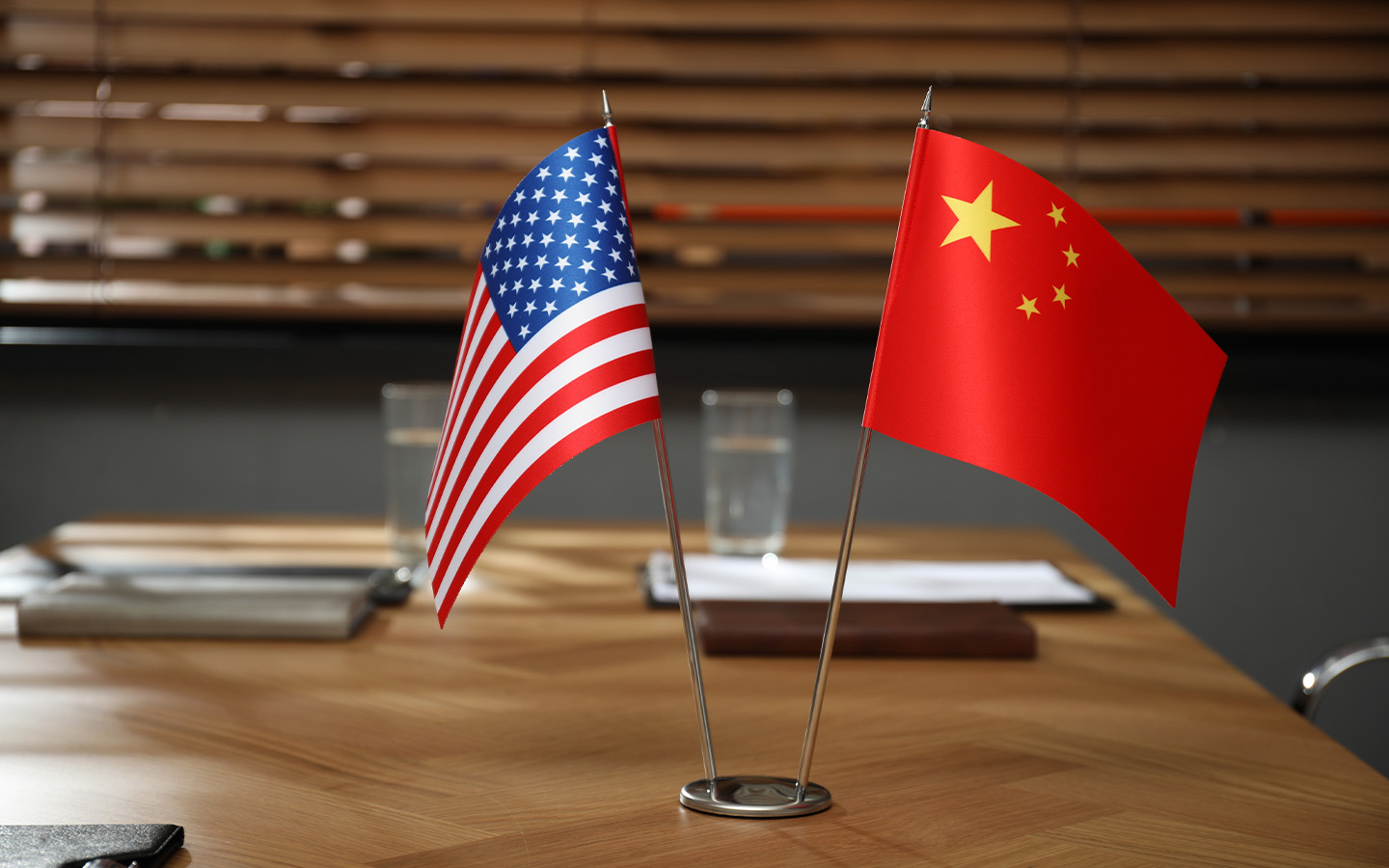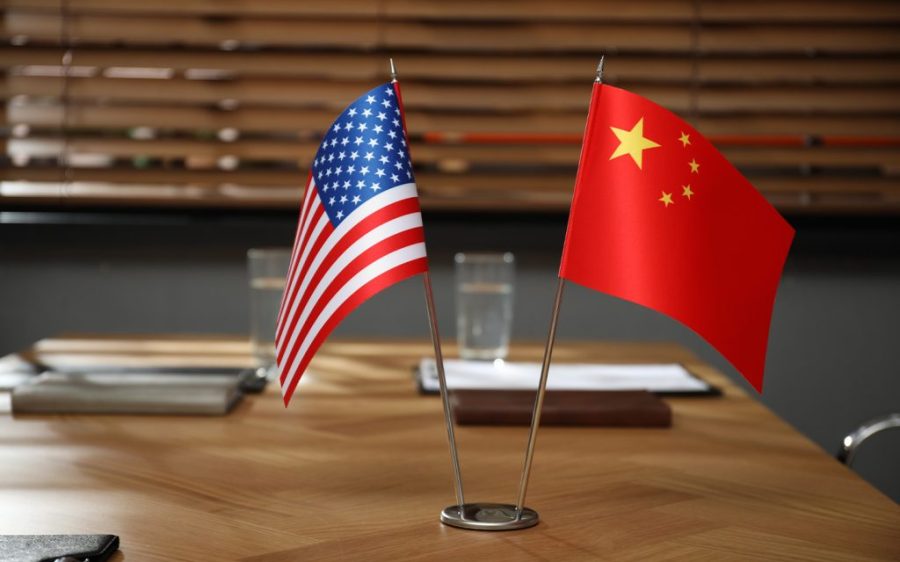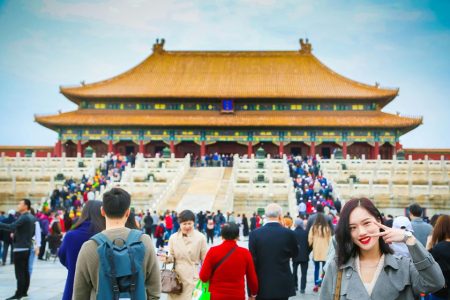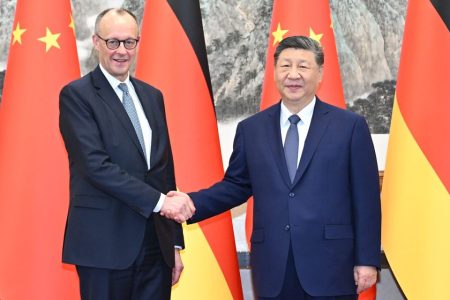China has opened two investigations into US trade practices on semiconductors, accusing Washington of discrimination and dumping, according to multiple media outlets. The move came just hours before the two economic superpowers began fresh negotiations in the Spanish capital Madrid on Sunday, and a day after the US added 23 Chinese companies to an “entity list” of businesses facing restrictions for allegedly acting against US national security and foreign policy interests.
The first probe will examine whether US policies unfairly target Chinese companies in chip-related trade, while the second focuses on alleged dumping of US analog chips, used in products ranging from hearing aids to Wi-Fi routers.
In Madrid, Vice Premier He Lifeng heads the Chinese side while US Treasury Secretary Scott Bessent and US Trade Representative Jamieson Greer are leading the American team. Both delegations were welcomed by Spain’s Foreign Minister Jose Manuel Albares on arrival and are expected to remain in Madrid until Wednesday.
Officials say the agenda includes tariffs, export controls, and the looming deadline for TikTok’s Chinese owner ByteDance to divest its US operations.
Experts say a breakthrough is unlikely, with the most probable outcome being another extension of TikTok’s divestiture deadline, currently set for 17 September. The app, set to be banned in the US unless sold to a non-Chinese owner, has become a political flashpoint, with both Republicans and Democrats demanding action. Trump, who recently opened his own TikTok account, has delayed enforcement three times.
[See more: China demands security assurances from Nvidia over AI chip concerns]
Meanwhile, the US has been urging its G7 allies to impose tariffs on China and India over their purchases of Russian oil, while pressing Beijing to curb exports of subsidised goods and increase purchases of US farm products. China, meanwhile, accuses Washington of “protectionism” and says its chip curbs were designed to suppress Chinese advances in high-tech industries.
The US-China trade war reached its peak in April when US President Donald Trump imposed 145 percent tariffs on Chinese imports, later reduced to 30 percent. Despite falling exports to the US, China’s trade with Southeast Asia, Africa and other regions has surged, helping it maintain a record surplus.
The Madrid meetings are the fourth in four months after earlier sessions in Geneva, London and Stockholm. In July, negotiators agreed to extend for 90 days a truce that paused triple-digit tariffs and restarted rare earth shipments. That pause, approved by President Donald Trump, runs until November 10.
Analysts expect Madrid to lay groundwork for a potential meeting between President Xi Jinping and Trump at the APEC summit in Seoul next month.






